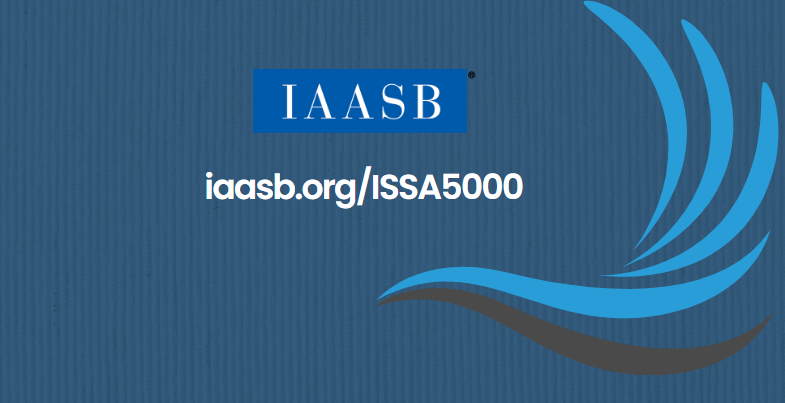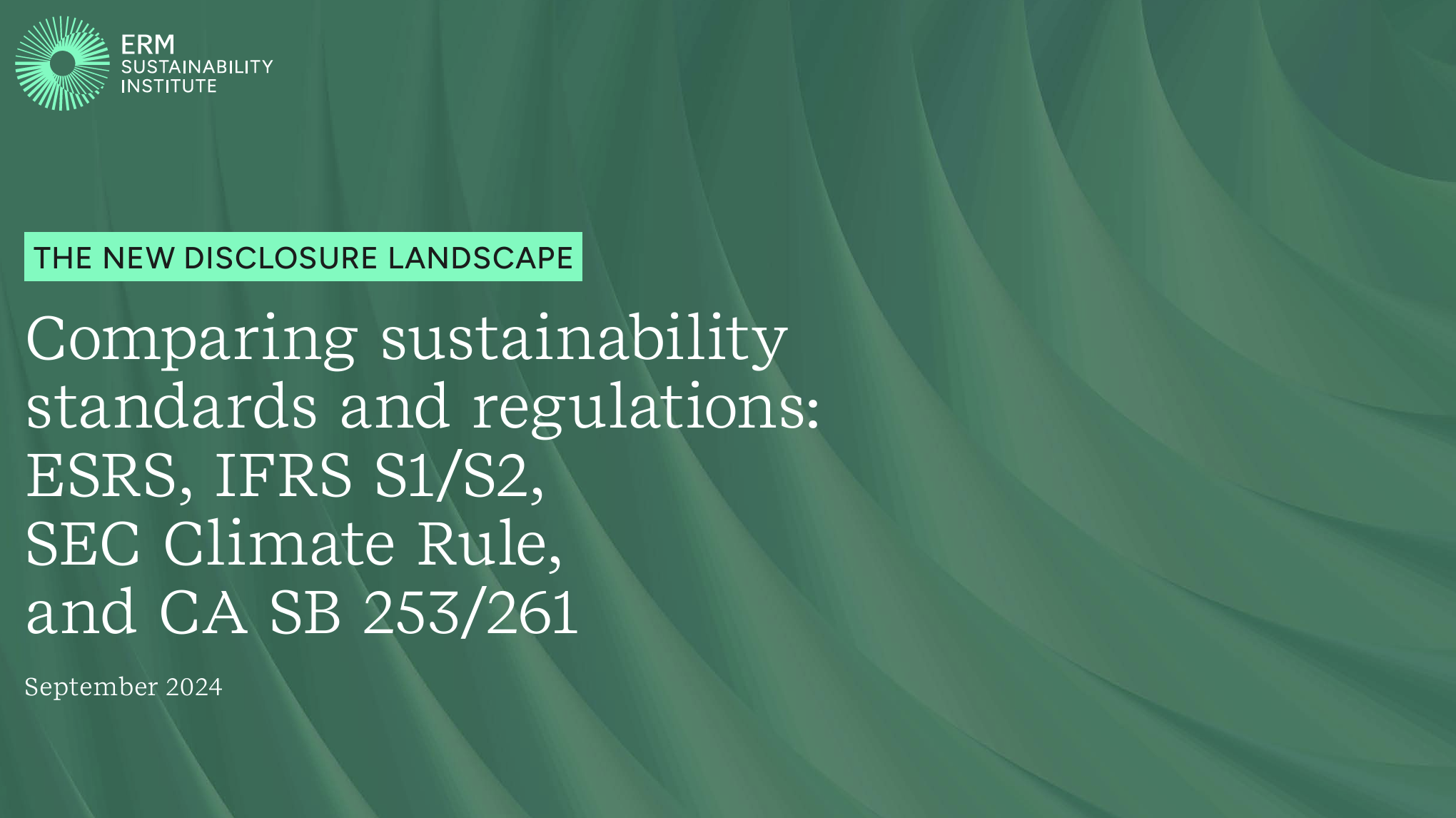ISSA 5000 Update: A Major Step Forward in Sustainability Assurance

The International Auditing and Assurance Standards Board (IAASB) has introduced the International Standard on Sustainability Assurance 5000 (ISSA 5000), which will become the primary framework for verifying the credibility of sustainability reporting. This standard is the result of years of collaboration with experts and stakeholders, aimed at meeting the growing global demand for reliable and transparent reporting on sustainability.
ISSA 5000 establishes a unified approach to ensuring the credibility of reports, covering key aspects of sustainability. Through collaboration with the International Ethics Standards Board for Accountants (IESBA), the standard is aligned with ethical requirements and strengthens the global framework for sustainability reporting.
Revised Concepts
The IAASB has clarified the concepts underpinning ISSA 5000. Sustainability issues are now defined as encompassing environmental, social, and governance (ESG) aspects, reflecting current terminology and eliminating confusion associated with references to economic and cultural factors.
The definition of sustainability information has also been clarified. In cases where the assurance engagement does not cover the entire report, sustainability information refers solely to the information within the scope of the audit. The IAASB has added explanatory materials to avoid inconsistencies in the application of this term.
Global Harmonisation with IESBA Ethical Standards
The global harmonisation with IESBA ethical standards has created a consistent framework. The joint use of ISSA 5000 and IESBA standards ensures a unified approach to sustainability reporting assurance across different industries and jurisdictions.
The Role of ISAE 3410
The IAASB has discussed the future of ISAE 3410, the standard governing the assurance of greenhouse gas emissions reporting. Possible options include either integrating ISAE 3410 into the ISSA standard series with additional guidance or transferring its key requirements into ISSA 5000. A final decision will be made during the IAASB’s strategic planning process.
Background
The development of ISSA 5000 was guided by key principles designed to ensure high standards in sustainability assurance engagements.
Specifically, the Exposure Draft ED-5000 outlined two main premises:
- Engagement teams and quality reviewers must adhere to the ethical and independence standards of the International Ethics Standards Board for Accountants (IESBA Code) or equivalent demanding requirements;
- Practitioners conducting such engagements must be part of firms that comply with ISQM 1 or similarly rigorous quality management requirements, as determined by applicable laws or professional standards.
These premises, highlighted in paragraph 5 of ED-5000, were fundamental in forming the foundation for ISSA 5000. The IAASB also emphasised the role of jurisdictional regulators and standard setters in interpreting and applying the “at least as demanding” concept, ensuring consistency across practices.
The Path to Transparency
The release of ISSA 5000 marks a significant step in the development of global sustainability reporting standards. This document:
- Strengthens trust and transparency in reporting;
- Ensures consistency of requirements across different industries;
- Provides a foundation for reliable data verification.
The IAASB and IESBA continue to work towards a sustainable future, supporting professionals and organisations in their pursuit of honest and transparent reporting.
Conclusion
The revised ISSA 5000 standard strikes a balance between global consistency and flexibility for individual jurisdictions, enabling its application by diverse sustainability assurance practitioners. The IAASB’s decisions aim to address practical challenges, from ethical compliance to quality management, ensuring that sustainability assurance engagements meet public interest expectations.
This updated standard represents a significant step in establishing robust frameworks for sustainability reporting, supporting both organisations and practitioners as they navigate this evolving landscape.



